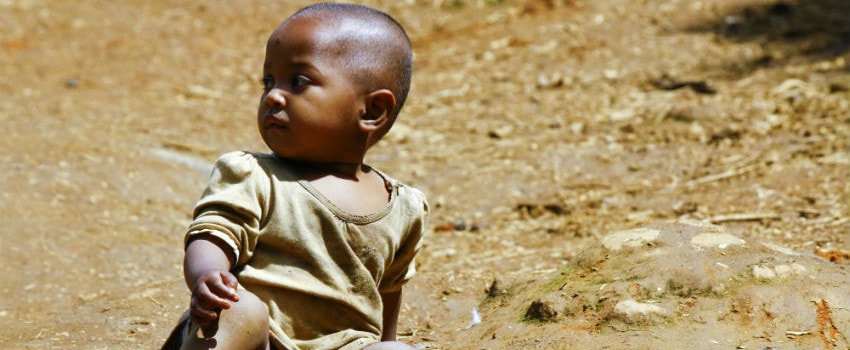
Fiona McLysaght who is Concern Worldwide South Sudan country director where she heads up a team of 350 people has issued a stark warning about malnutrition in the country which is stricken by war. Ms McLysaght says that vulnerable groups such as children, the elderly and those with disabilities are at risk of worsening malnutrition. She adds that more than 2 million people have fled their homes with 1.8 million people leaving the country and living in refugee camps in neighbouring states. Of those 1.8 million people in refugee camps, a whopping 1 million are children.
Independence happiness was short lived
South Sudan achieved independence from Sudan in 2011 but the happiness was short lived with a civil war breaking out in 2013 that has resulted in the displacement of millions of people. Ms McLysaght says her team is focused on delivering life-saving aid to women who are pregnant and children under 5 who are the most vulnerable to malnutrition.
“We are treating malnourished children and women in one of the counties, Leer, where famine was declared in February, and although this status has been withdrawn, 1.7 million people are still on the brink of starvation.”
The vacant stare
Ms McLysaght described how a child who is experiencing malnutrition looks. A child that is going hungry unsurprisingly seems both sad and scared. They have dull skin which sags and their frame is both small and fragile. Malnourished children have no energy and this means they are simply unable to walk and talk, leave alone play. A well-fed child usually looks inquisitive; however, a malnourished child just stares vacantly.
In desperate need of a political solution
According to Concern Worldwide, the number of children under the age of five that are facing the prospect of acute malnutrition in East Africa is nine times the population of Irish children under the age of five. Ms McLysaght says humanitarian aid will make a difference and save lives whilst also alleviating suffering but that is not enough. Without a political solution to the crisis in South Sudan, the situation looks dire.





